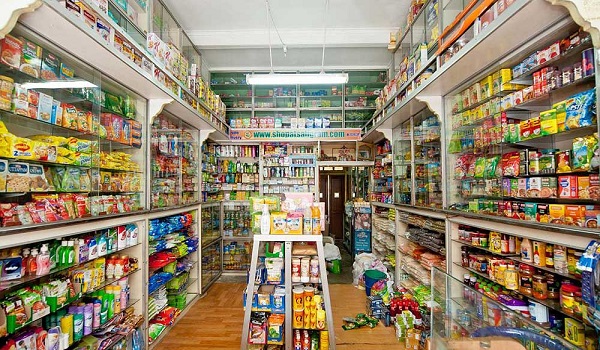Leading FMCG companies, like Nestlé India and ITC, are adopting innovative strategies to tap into the growing demand for premium products. Nestlé plans to hire tasters and connoisseurs for its super-premium Nespresso coffee and boutiques, while ITC is leveraging AI and ML to predict demand and recommend products for its premium portfolio, including Fabelle chocolates and skincare. Other companies like Tata Consumer Products and GCMMF (Amul) are also focusing on premiumization, with Tata introducing Himalayan saffron and Amul opening upscale parlours.
Nestlé India’s Super-Premium Push:
For the first time, Nestlé India is set to hire tasters and connoisseurs to enhance its soon-to-be-launched super-premium Nespresso coffee and boutiques. “The marketing strategy is entirely different,” said Suresh Narayanan, Chairman of Nestlé India. “Investment in a boutique would run into at least a couple of crores, requiring distinct brand positioning, advertising support, and unique events.” He added that the company’s premiumization efforts aim to build new dimensions and strengthen its portfolio in coffee, chocolates, and milk.
ITC’s AI-Driven Premium Strategy: ITC is turning to artificial intelligence (AI) and machine learning (ML) to predict demand, track consumer trends, and recommend optimal product packs for its premium portfolio, which includes Fabelle chocolates and Fiama body washes. “AI and ML models are being leveraged to position our premium portfolio across stores,” said Sandeep Sule, Divisional Chief Executive of Trade Marketing and Distribution at ITC. The company has established a comprehensive omni-channel distribution network, doubling the contribution of its premium personal care portfolio in four years.
Industry-Wide Shift to Premiumization: FMCG giants, including Tata Consumer Products, Parle Products, Amul, Britannia, and Parag Milk Foods, are embracing new skill sets and micro-segmenting consumers to market premium products. “Identifying the target consumer for premium products is crucial to avoid budget wastage,” said Mayank Shah, Vice President at Parle Products. Parle now uses data and AI to narrowly target customers for cross-selling and upselling, with 15–18% of its portfolio classified as premium.
Tata Consumer Products is capitalizing on premiumization with products like Himalayan Saffron and Tata Sampann Yumside ready-to-eat meals. “Premiumization is a major focus, driven by a growing middle class with higher disposable income,” said Sunil D’Souza, Managing Director of Tata Consumer Products, in the company’s FY24 annual report.
GCMMF’s Upscale Initiatives: The Gujarat Cooperative Milk Marketing Federation (GCMMF), known for its Amul brand, is also joining the premiumization trend by launching upscale parlours under the Amul Ice Lounge brand. These stores will feature high-end ice-cream variants, expanding the premium experience for consumers.
The pivot towards premiumization by FMCG giants like Nestlé and ITC highlights a significant shift in consumer preferences and market strategies. By leveraging innovative approaches such as hiring specialized tasters and using AI-driven models, these companies are redefining their market positions and meeting the evolving demands of a more affluent consumer base.


